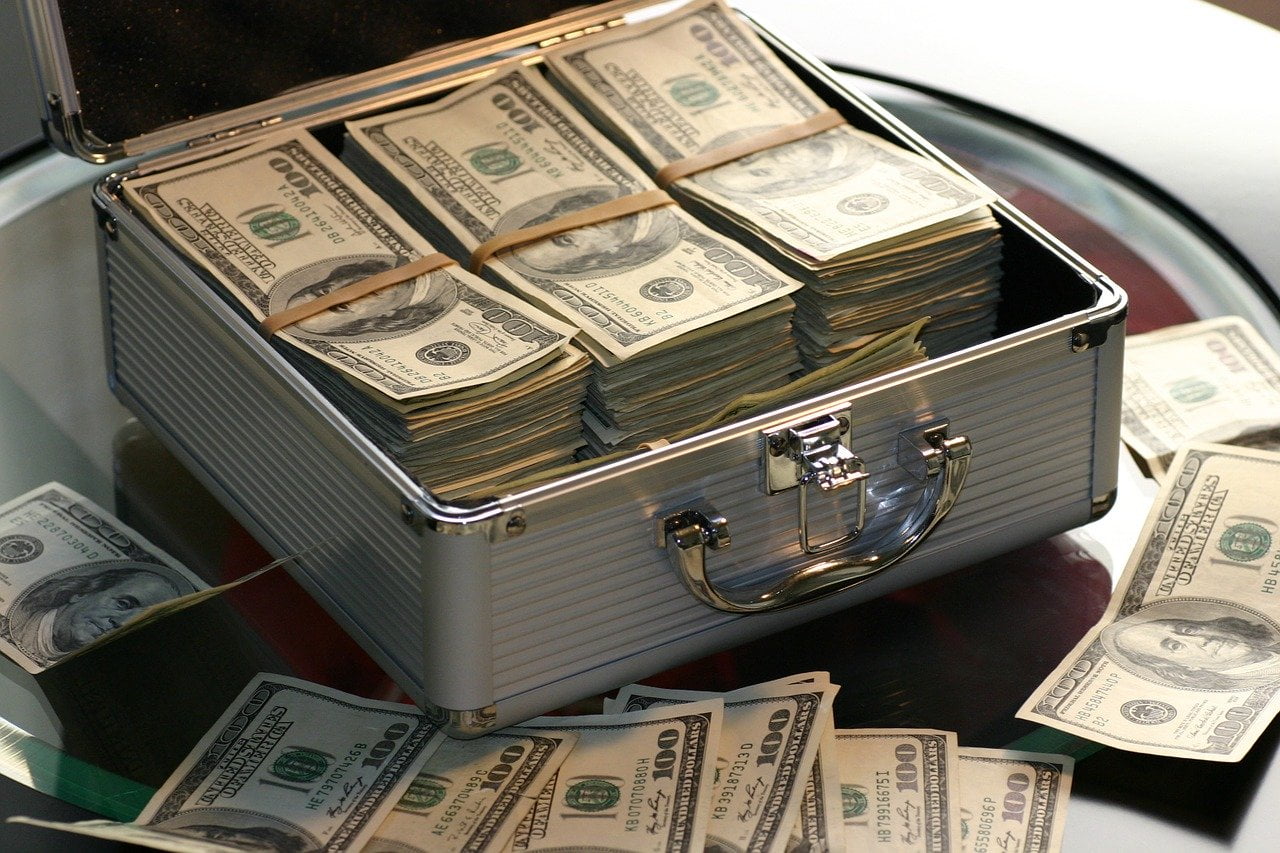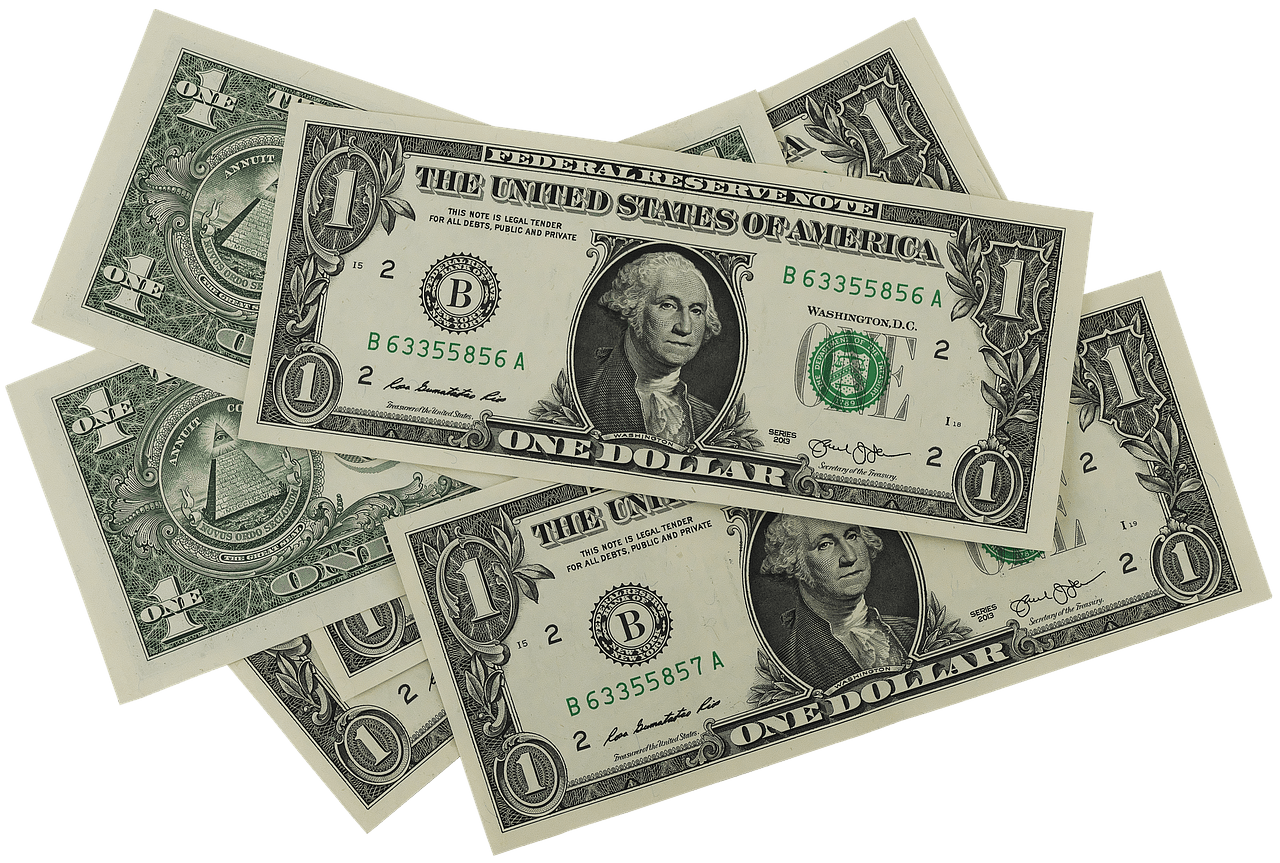President Trump says he will only support a second round of coronavirus stimulus for the general public if it includes a payroll tax cut. That could be a barrier to Americans receiving more checks because lawmakers don’t widely support a payroll tax cut.
Q1 2020 hedge fund letters, conferences and more
Will more stimulus be needed?
White House advisor Larry Kudlow said over the weekend that he wouldn't "rule out" a second round of coronavirus stimulus for the general public. However, he also said that the Trump administration hasn't decided what to do yet.
White House economic advisor Kevin Hassett said the U.S. may not need another round of coronavirus relief measures. He told Fox News over the weekend that it's good news that states are reopening their economies.
If Congress passes more stimulus measures, it would be the fourth total round of coronavirus relief, and there's no guarantee that it will include anything for the general public. Hassett said if a fourth phase of relief is necessary, it may be aimed at "growth and taking off and recovering, rather than just building a bridge to recovery."
Trump has said that lawmakers will "take a little bit of a pause" before passing a fourth phase of coronavirus relief measures.
During a virtual town hall on Fox News, Trump said he wants to see Congress pass a large infrastructure bill to revive the economy. However, he also said a payroll tax cut must be part of any talks about a second round of coronavirus stimulus for the general public.
He said he told Treasury Secretary Steven Mnuchin that "we're not doing anything unless we get a payroll tax cut." He said a "very strong" payroll tax cut would "really put people to work." He also said infrastructure is important.
Vice President Mike Pence emphasized that the way to get people back to work is to open up America again. He noted that several governors are gradually lifting their stay-at-home orders that closed non-essential businesses.
Other points of contention in stimulus measures
Trump's call for a payroll tax cut isn't the only potential barrier to a second round of coronavirus stimulus for the general public. Democrats are pushing for aid for state to be included in the bill.
States have seen their tax revenues plunge due to shuttered businesses while their expenses rise due to a sharp rise in unemployment, COVID-19 testing and other emergency measures. Trump has said he would consider funding for states, although some Republicans don't like the idea of bailing out states that have a long track record of poor fiscal management. Trump has also said he is opposed to bailouts for states.
Senate Majority Leader Mitch McConnel said the next round of stimulus measures must offer liability protections for employers in order to pass the Senate. The Senate returned to work today, while the House of Representatives is scheduled to return next week if the next round of coronavirus is ready to be voted on.










